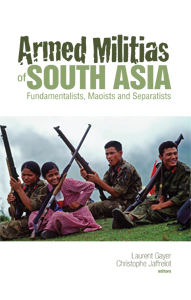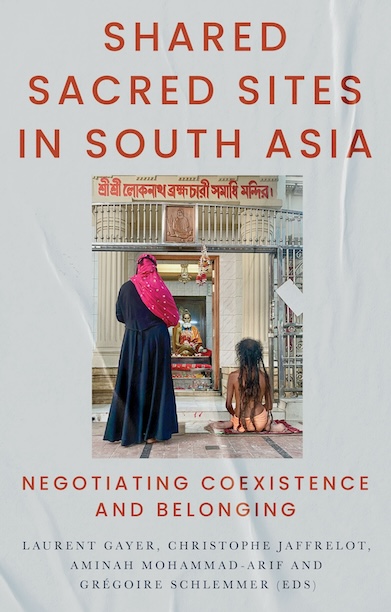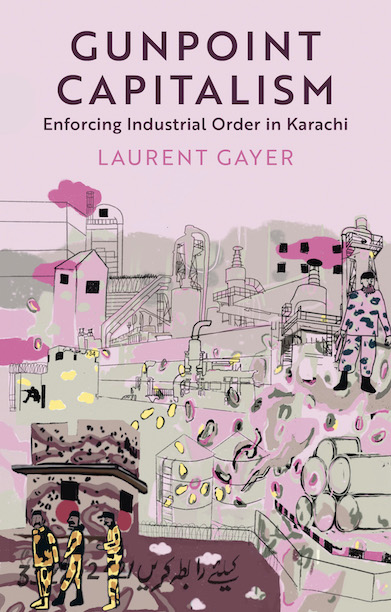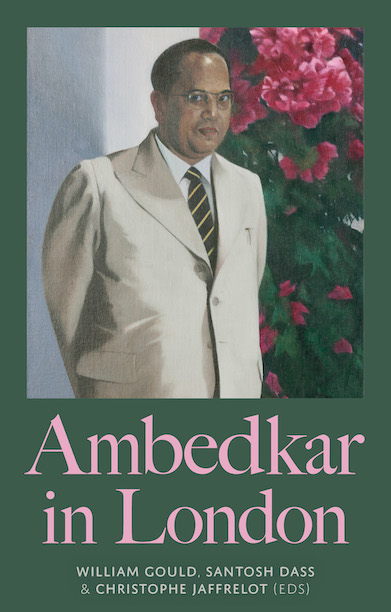Armed Militias of South Asia
Fundamentalists, Maoists and Separatists
Part of the CERI/Sciences Po. series‘This broad and comprehensive study by a team of mainly French anthropologists, political scientists and policy experts explores the diverse ideologies, complex recruitment patterns and myriad objectives of paramilitary groups in India, Pakistan, Bangladesh, Sri Lanka, Nepal and Burma. Based on new and often consequential research conducted in difficult and demanding circumstances, the result is a volume rich in detail and brimming with insight.’ — Farzana Shaikh, Chatham House, Royal Institute of International Affairs, author, Making Sense of Pakistan
Description
There seems to be no end to the growing number of victims of civil war, terrorism, guerrilla warfare and military repression on the Indian subcontinent, despite the absence of interstate wars over the past ten years. These conflicts often involve armed paramilitary militias or insurgents of one sort or other, and it is their ideology, sociology and strategies that the contributors to this book investigate. Whether based on ideological motives – such as the Maoists and Naxalites in Nepal and India – or invested with a fundamentalist religious mission – the Hindu nationalist Bajrang Dal in India, the Sunni SSP in Pakistan, or Islamist militias in Bangladesh – all these movements use violence to exercise social control, challenge the authority of the state and impose their own particular worldview. Although they seek also to undermine the state, depriving it of the monopoly on legitimate violence that it supposedly holds, governments are equally adept at exploiting them to make them serve their own ends. For the authorities, these movements can be useful tools for their pursuit of both moral and social order. However delegating power to such groups for short term political gains can be an extremely risky enterprise, as demonstrated by Indira Gadhi’s patronage of the Sikh militant group that later assassinated her. Armed Militas of South Asia is the first comprehensive book of its sort and will be required reading for all those interested in the politics of the subcontinent and Myanmar.
Reviews
‘The proliferation of violent militias in recent years represents one of the most disturbing trends in South Asia. Dedicated to causes that range from class war to ethno-religious conflict, they pose a dangerous challenge to a region where co-operation between neighbouring states appears to be slowly gaining ground. This broad and comprehensive study by a team of mainly French anthropologists, political scientists and policy experts explores the diverse ideologies, complex recruitment patterns and myriad objectives of paramilitary groups in India, Pakistan, Bangladesh, Sri Lanka, Nepal and Burma. Based on new and often consequential research conducted in difficult and demanding circumstances, the result is a volume rich in detail and brimming with insight.’ — Farzana Shaikh, Chatham House, Royal Institute of International Affairs, author, Making Sense of Pakistan
‘South Asia, like other parts of the world today, experiences more conflict involving non-state actors than armed conflict between states. But what do India and Nepal’s Maoist insurgents, Tamil separatists in Sri Lanka, Islamist insurgents in Kashmir and ethnic militias in Burma have in common? This empirically rich volume proposes that despite differences in the regimes in which these armed groups operate and diversity in their goals and structures, there are reasons to consider them together.’ — Contemporary South Asia
‘Armed Militias of South Asia represents a vital addition to the existing literature on South Asian armed movements. The material is both prescient and contemporary, with very recent events and developments fully covered. These insurgencies are multifaceted and have ethnic, religious, linguistic, caste, and class dimensions, which are all fully considered herein. It is also highly germane that this volume considers similar movements in Bangladesh and Pakistan, as well as the much neglected role of militias in Myanmar/Burma, which are often overlooked.’ — Alan Bullion, Open University
Editor(s)
Laurent Gayer is CNRS Senior Research Professor at CERI-Sciences Po. He is the author of Karachi and Gunpoint Capitalism, and the co-editor of Muslims in Indian Cities; Armed Militias of South Asia; and Shared Sacred Sites in South Asia (all published by Hurst). He is also the co-author of Proud to Punish: The Global Landscapes of Rough Justice.

Christophe Jaffrelot is Avantha Chair and Professor of Indian Politics and Sociology at the King’s India Institute, and Research Lead for the Global Institutes, King’s College London. He teaches at Sciences Po CERI, where he was director between 2000 and 2008.






